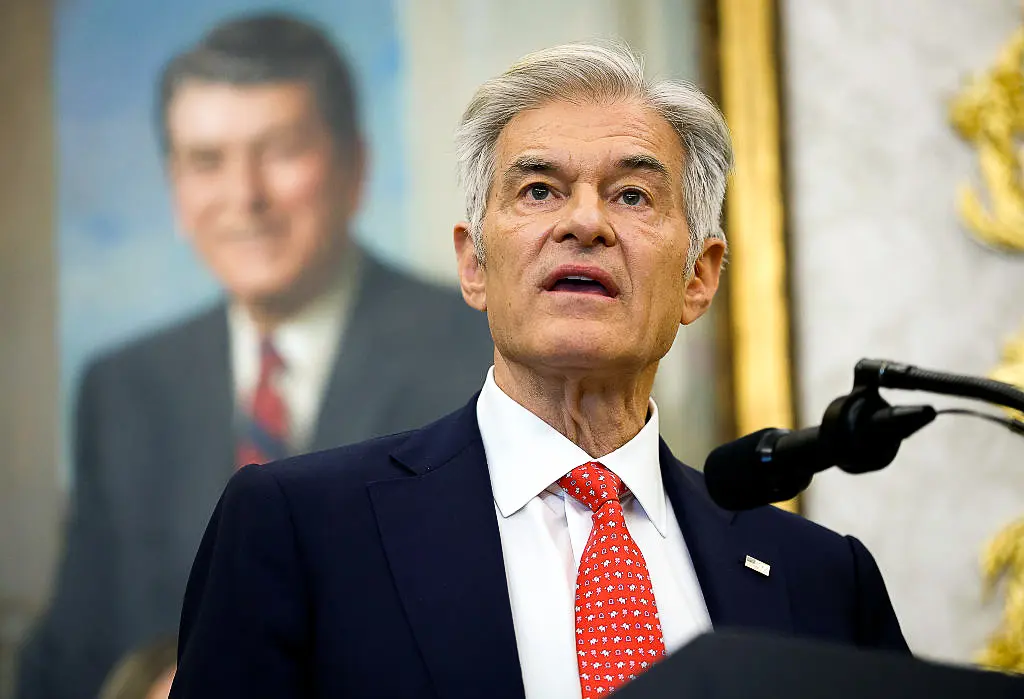The U.S. Department of Agriculture (USDA) confirmed on Feb. 19 that it is working to reverse terminations of workers who were responding to the bird flu epidemic that has swept the United States in recent months.
A spokesperson for the USDA told The Epoch Times in an emailed statement that it will still “prioritize the response to highly pathogenic avian influenza,” a type of bird flu known as HPAI that has forced the culling of tens of millions of egg-laying hens in recent months and has sickened nearly 70 people.





